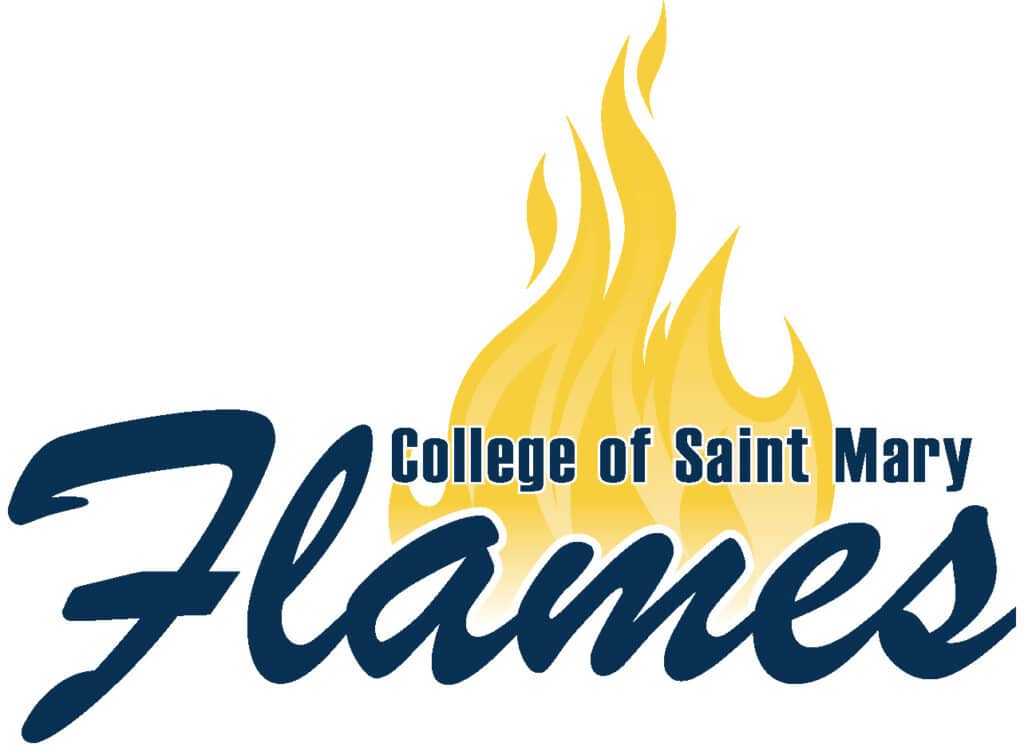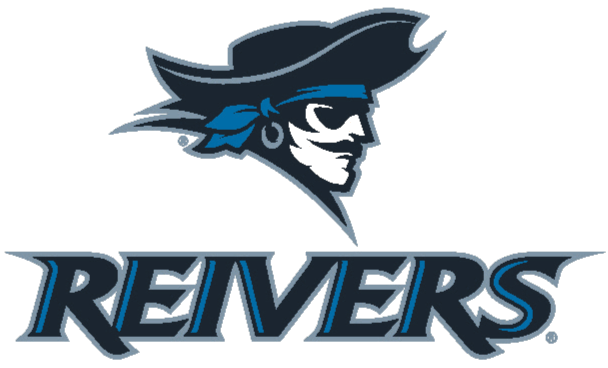The rotator cuff is a group of muscles and tendons that surround the shoulder joint, keeping the head of the upper arm bone firmly within the shallow socket of the shoulder. A rotator cuff injury can cause a dull ache in the shoulder, which often worsens when you try to sleep on the involved side. A torn rotator cuff is a very common shoulder injury that can be caused from repeated movements while playing sports, performing a job function or doing common household chores such as yard work. Other common causes of a torn rotator cuff include falling, lifting or pulling a heavy object, or in some cases bone spurs in the shoulder.
With repeated motion, the muscles and tendons that surround the shoulder socket can become torn. A torn rotator cuff can be both painful and inconvenient, which is why it is so important to get a diagnosis early if you think you may have this injury.
4 Common Symptoms of a Torn Rotator Cuff
Some of the symptoms of a torn rotator cuff include:
- Pain– Many people feel a dull ache in their shoulder joint in association with a torn rotator cuff. The pain is typically felt deep in the joint and can increase with movement of the shoulder.
- Limited range of motion– If you have a torn rotator cuff you may find it difficult to reach behind your back, lift your arm over your head, or lift your arm laterally.
- Disturbed sleep– Because of the pain in the shoulder, many people find it difficult to sleep, particularly on the side of the injured arm.
- Weakness– Muscle weakness in the arm on the injured side of the body is a common symptom of a torn rotator cuff.
- Crackling sensation – when moving the shoulder in certain directions.
An orthopedic doctor will diagnose a rotator cuff injury by palpating the area and doing a series of range of motion tests. In some cases scanning equipment is used to identify damage to the soft tissue in the shoulder joint.
Common treatments for a torn rotator cuff include rest, joint immobilization and physical therapy. Many people recover from rotator cuff injury with physical therapy exercises that improve flexibility and strength of the muscles surrounding the shoulder joint; however, in extreme cases, surgery may be recommended.
Shoulder injuries such as a torn rotator cuff should be treated immediately to prevent further damage and start the healing process as soon as possible. See a physician right away if you have a sudden loss of motion after an injury — you could have a substantial rotator cuff tear.

